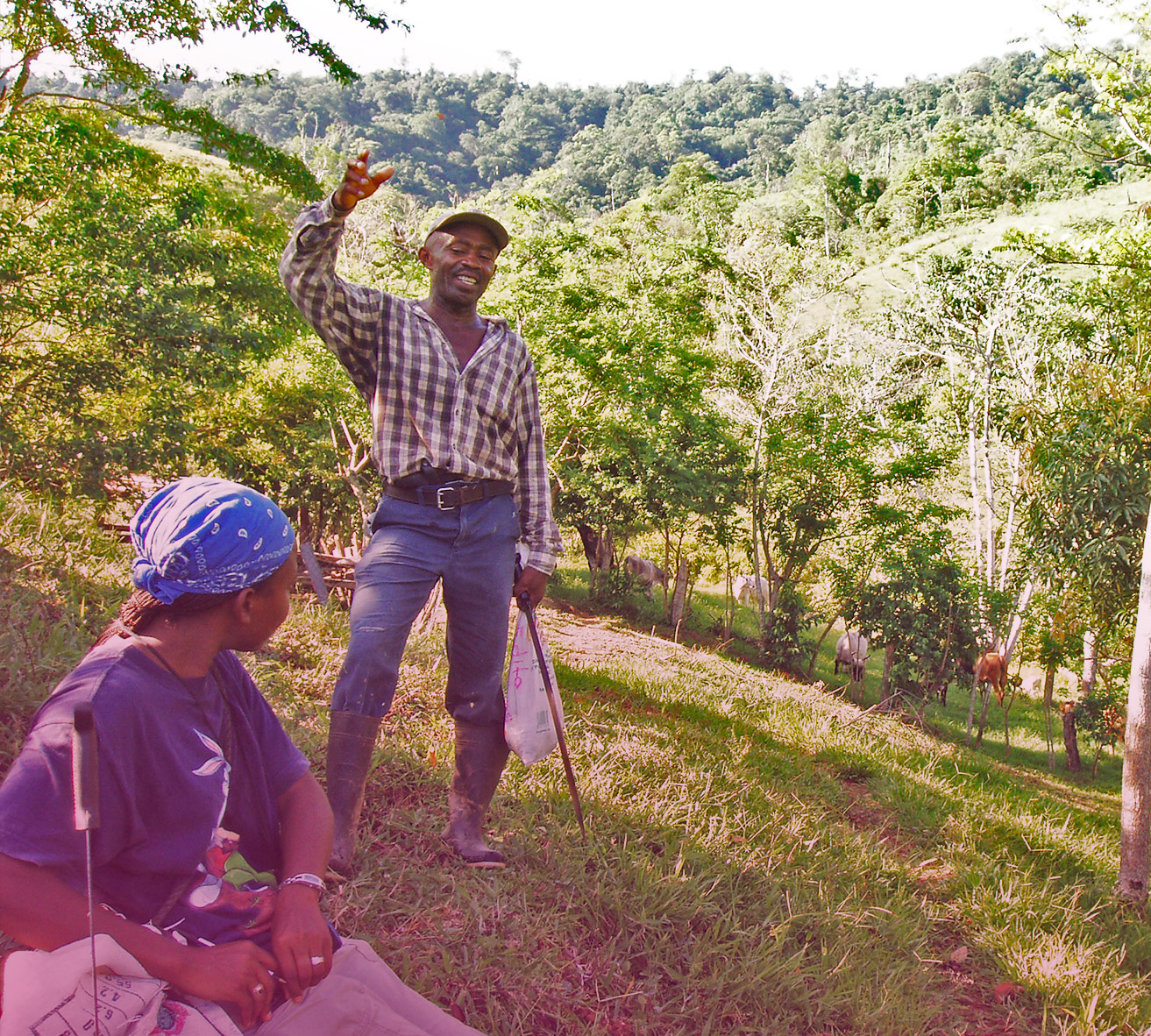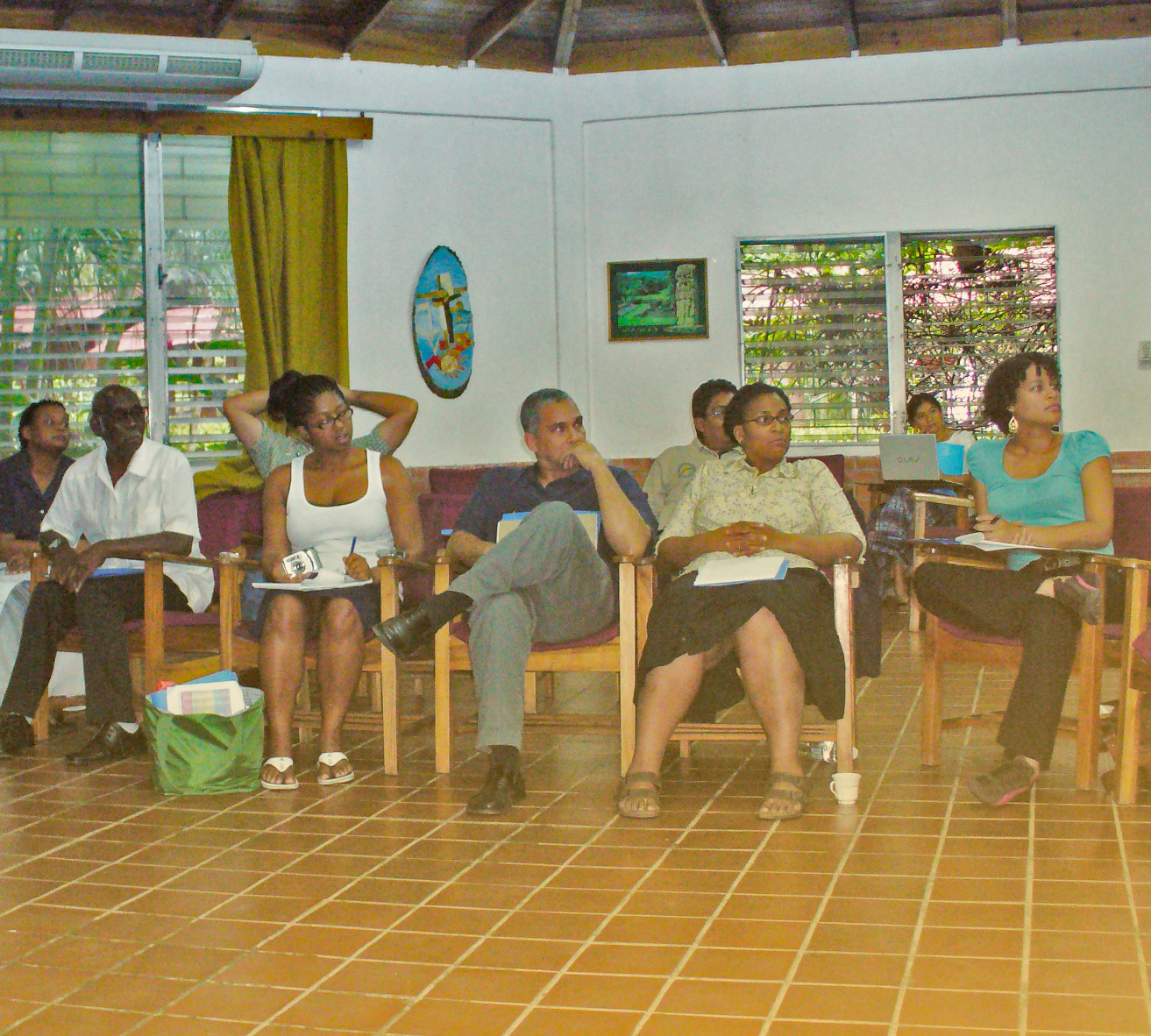
Axes of applied research CCARC
CCARC’s work is at the intersection of three axes of applied research:
race, rights and resources.

 Race
Race
The first axis is “Race”, a reference both to the communities and organizations to whom our skills are directed, and to the cluster of substantive issues that we address.
Our work involves cooperation with people who have suffered from racialization: the formulation of strategies to combat racism; support for claims that rectify historic injustice; initiatives of inter-cultural dialogue and mutual respect.
 Rights
Rights
The second axis of work revolves around the conceptualization and promotion of collective rights in multi-cultural societies. We support organized communities’ efforts to find their own balance between individual rights and collective empowerment.
This work addresses specific issues such as bilingual education, political representation, land rights, justice in educational institutions (to name just a few), and ongoing efforts to achieve more comprehensive collective rights through arrangements of political autonomy.


 Resources
Resources
The third axis of our work is the control, sustainable management, and effective use of resources. While we understand “resources” in the broadest sense of the “material basis for sustenance and reproduction”, our focus is the kinds of resources that organized groups can marshal to plan and implement strategies for collective betterment.
Land is the most obvious example; cooperative productive enterprise is another. This focus on resources is an essential component of our work, and it is what we believe makes our approach to “race” and “rights” both distinctive and effective. In other words, racial justice and collective rights are fundamentally “resource” issues.
